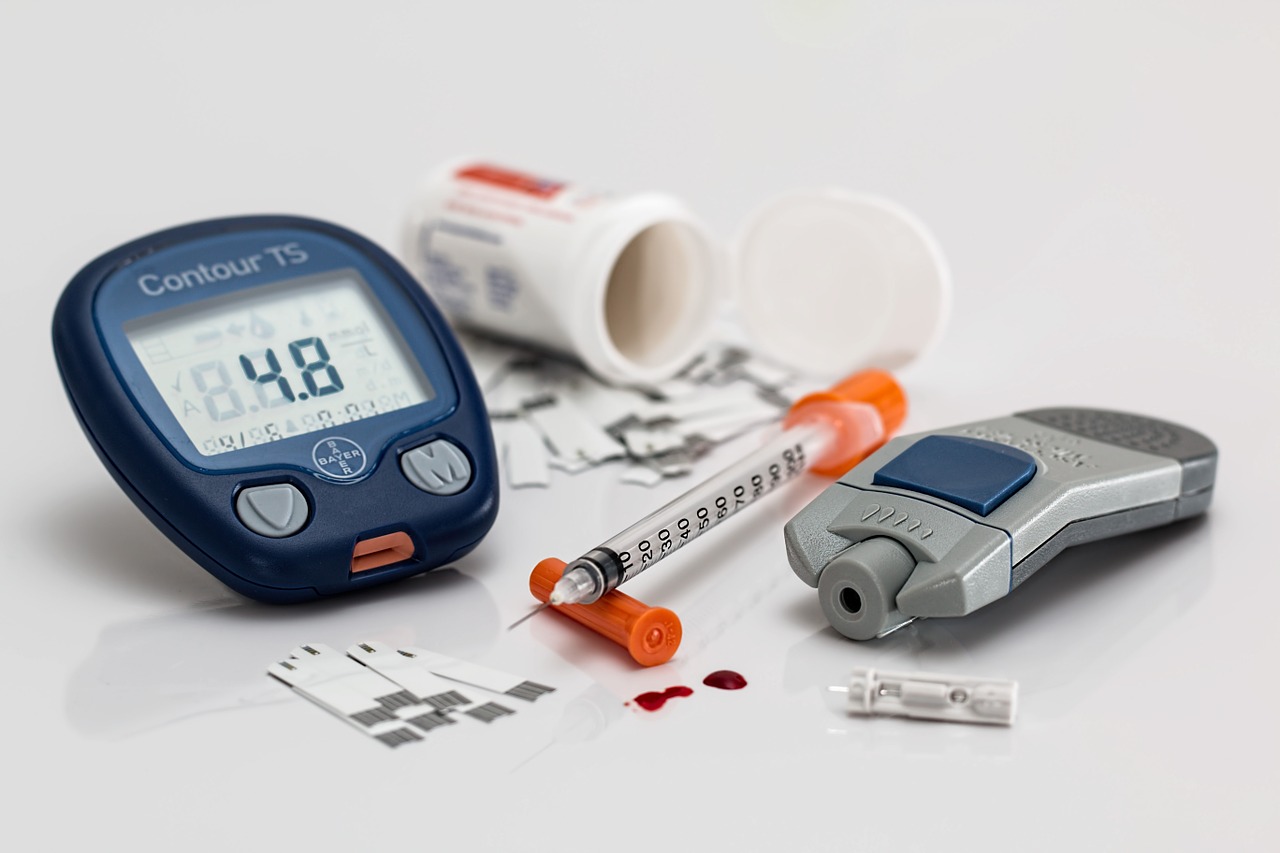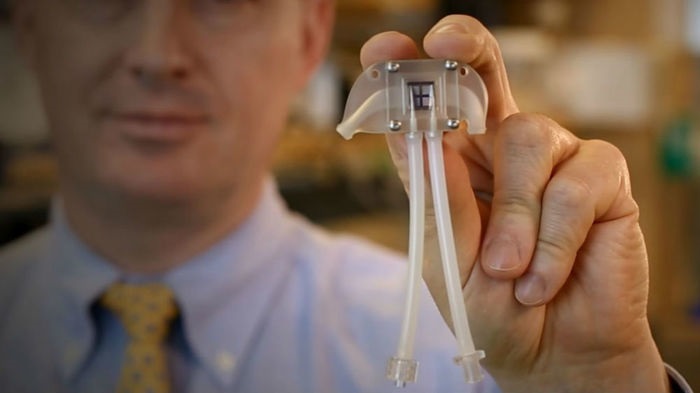Engineering the Immune System to Treat Diabetes
Some diseases arise because the immune system reacts with normal, healthy cells in the body. In other diseases, lack of an effective immune response contributes to the disease. Cancer cells escape attack by the immune system, in part, by producing a lot of the protein PD-L1 (Gough, 24 May 2017). PD-L1 binds and activates the … Read more




